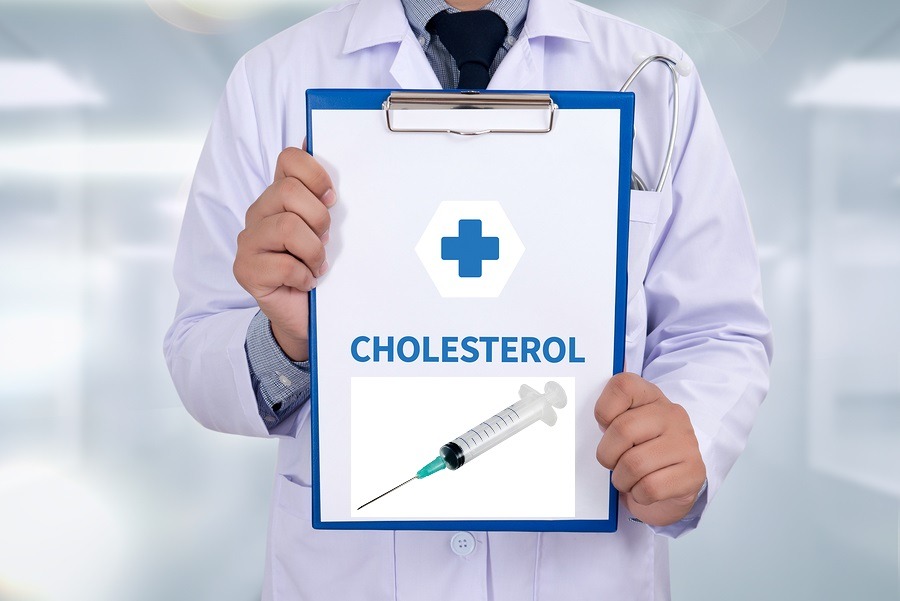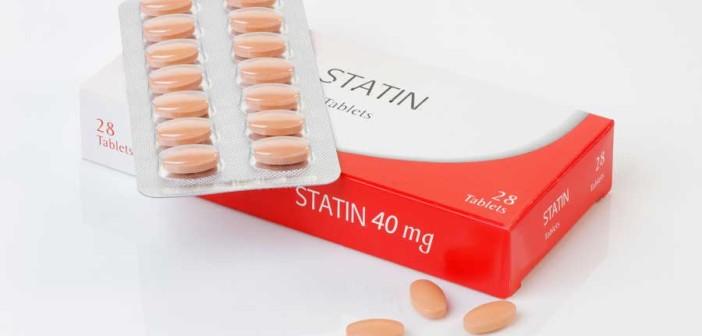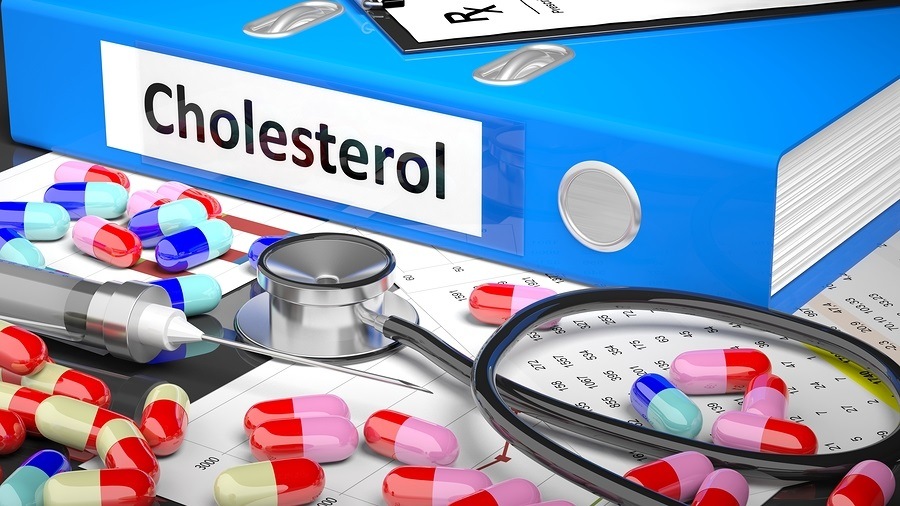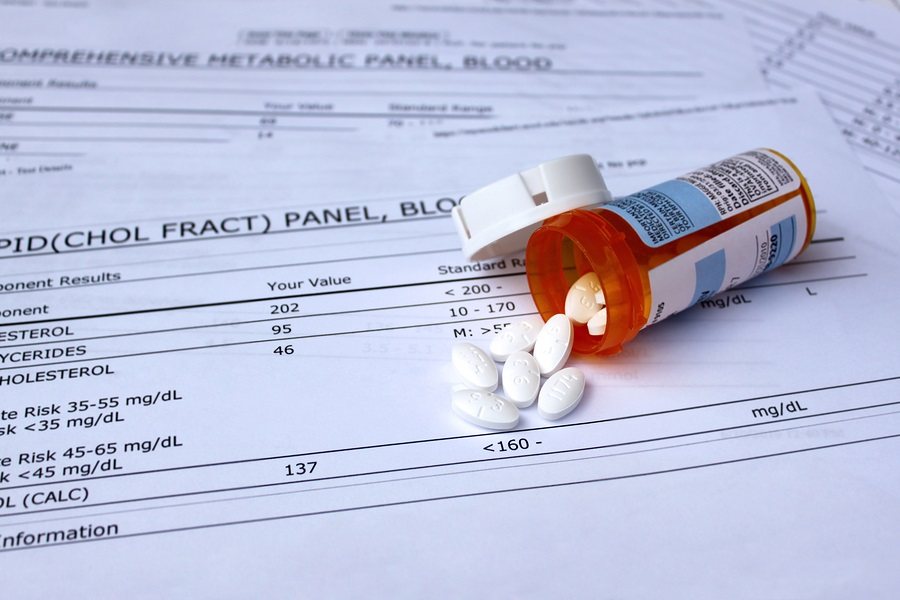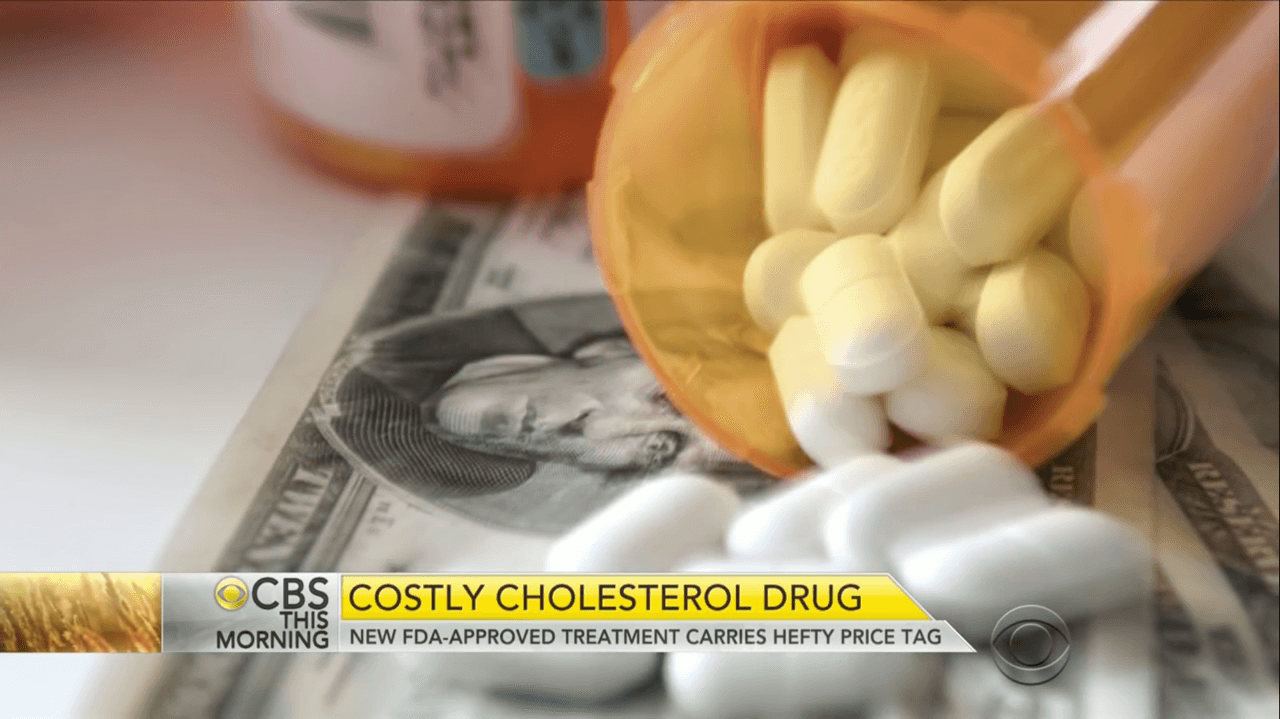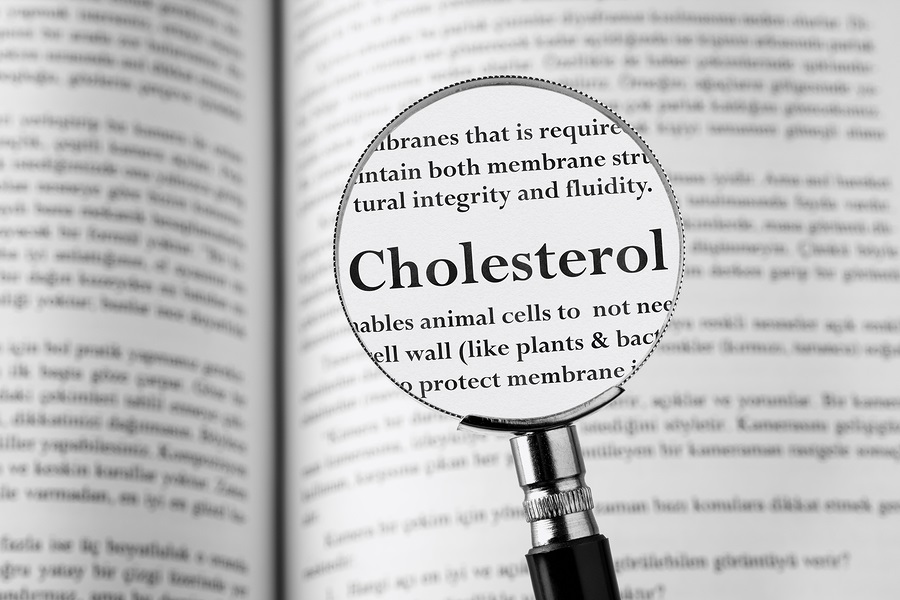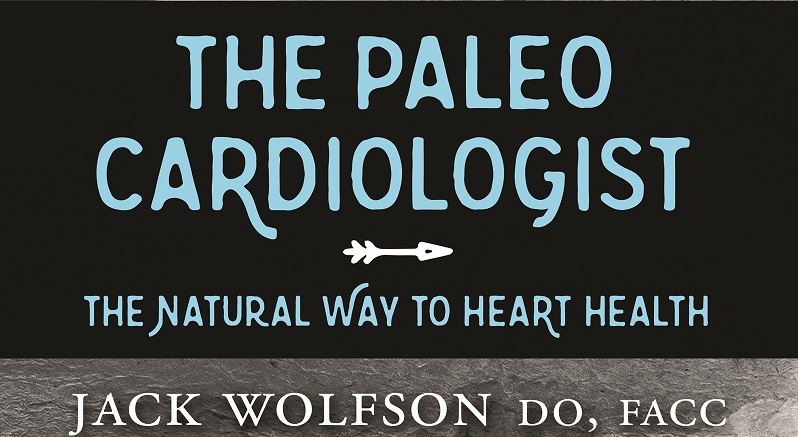As Lawsuits Against Cholesterol Drugs Mount, Big Pharma Develops a Cholesterol Vaccine
As we have reported frequently here at Health Impact News, sales of drugs to lower cholesterol are the top selling drugs of all time. It is a $100 billion a year industry. The cholesterol-lowering drug Lipitor is the best-selling drug of all time, grossing over $140 billion, with no serious close competitors in the history of pharmaceutical drugs. One out of every four Americans over the age of 50 is taking a statin drug to lower their cholesterol. However, these block buster drugs have run through their patent life, and now generics dominate the market. So Big Pharma is looking at new ways to patent new drugs to lower your cholesterol. The latest? A vaccine is being developed to lower your cholesterol. In recent years, class action lawsuits have been stacking up against statin drug manufacturers due to the terrible side effects, including diabetes. Is this another reason for turning to vaccines to "cure" cholesterol? In this country, lawsuits against vaccines are prohibited while civil suits against prescription or over-the-counter drugs are allowed.




